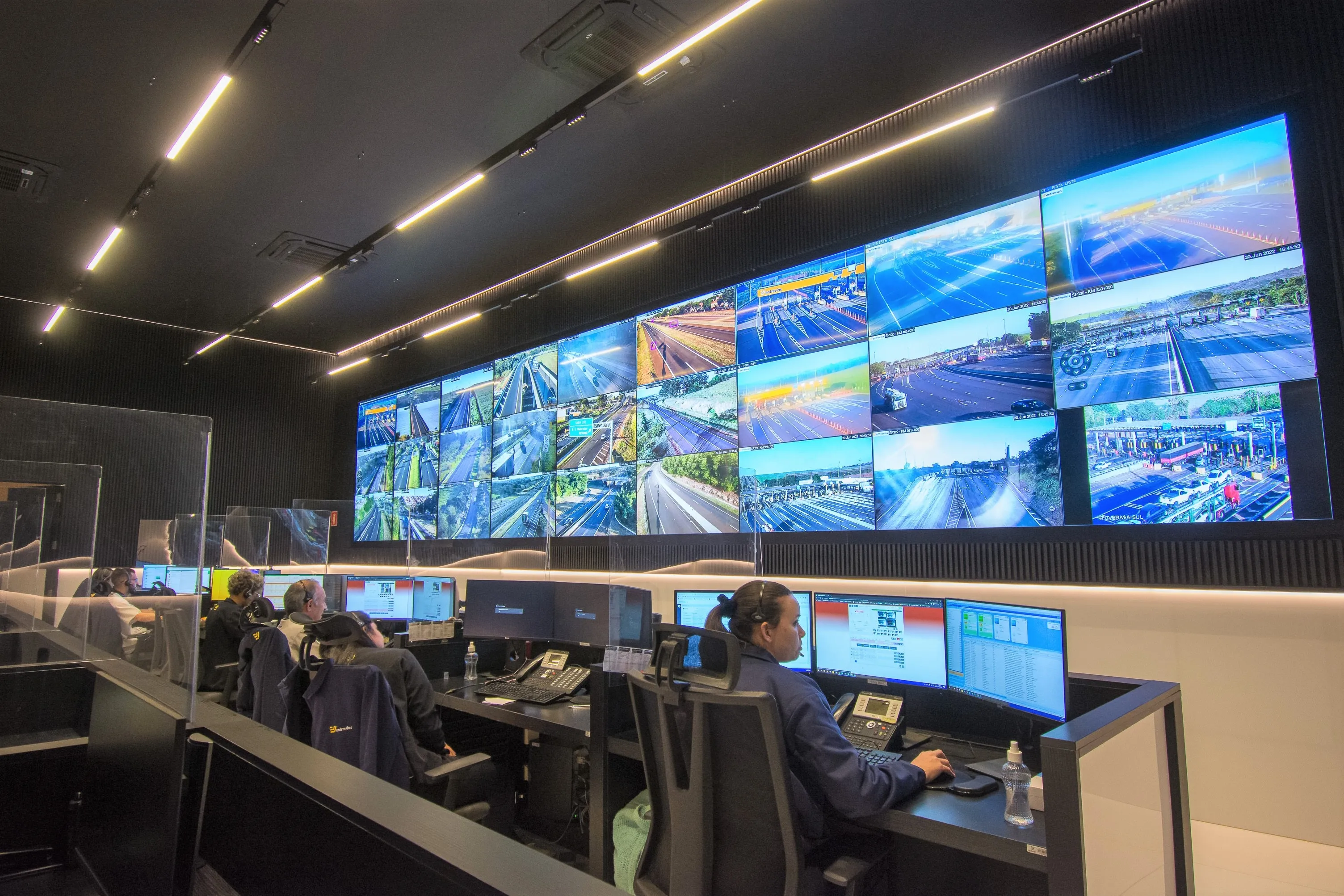Brazil's lower house has approved plans to build a new US$1.97 billion airport in São Paulo state.
December 22, 2014
Read time: 1 min
Brazil's lower house has approved plans to build a new US$1.97 billion airport in São Paulo state.
The Novo Aeroporto de São Paulo, or NASP, was approved through provisional measure MP-656 as part of regional aviation development program PDAR, local paper Valor Econômico reported. The measure must now be approved by the senate.
Plans for the new airport include two 3.5 kilometre runways, a 340,000 sq m passenger terminal and a 70,000 sq m cargo terminal. It is anticipated that the airport will handle 48 million passengers per year.
The project is expected to be financed by Brazil's national development bank BNDES, the World Bank, and other financial institutions such as Citibank and Credit Suisse.









